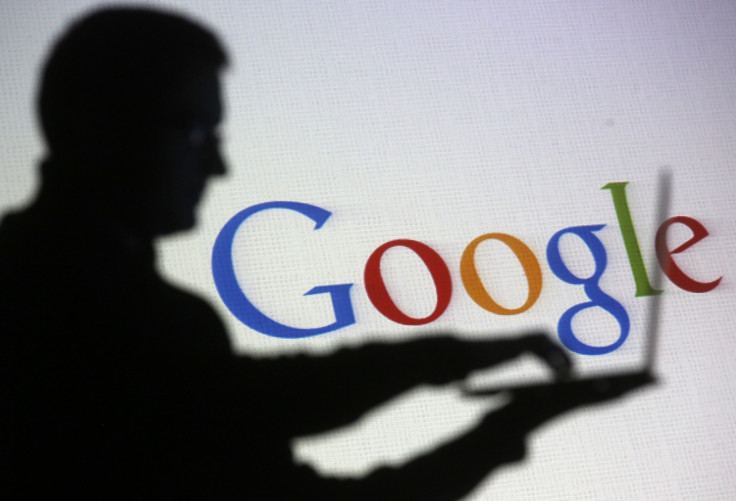Google Search's invisible influence makes Hillary Clinton 'shoo-in' for 2016 US election

Google Search is having a detrimental affect on democracy by swaying undecided voters through its rankings, according to new research. A study by the American Institute for Behavioural Research and Technology found that Google has the power to shift voting preferences in the upcoming 2016 US elections by 20% or more through the results brought up by its secretive search algorithms, with Democrat candidate Hillary Clinton the most likely to benefit.
Through five experiments carried out in two countries, the study found that the search engine manipulation effect (SEME) could even be used to determine an election outcome if the proportion of undecided voters is calculated first. SEME is described as a "virtually invisible" form of social influence that is currently not subject to any specific regulations anywhere in the world.
"What the research shows is that when a candidate is ranked higher on Google, that shifts the votes of undecided voters towards that candidate because we've all learned they have such incredible trust in those rankings," Robert Epstein, senior research psychologist at the American Institute for Behaviour Research and Technology and co-author of the study, told WhoWhatWhy. "Some 50% of all of our clicks go to the top two [search results] and [more than] 90% of all clicks go on the first page.
"Because moderate Republicans are so vulnerable to SEME, this makes Hillary Clinton virtually a shoo-in if the next election is close. If she has Google's support, no one is going to be able to mess with her and it means Google will be able to shift all kinds of people in her direction – even a big chunk, possibly, of moderate Republicans."
Epstein believes that as a result of the SEME, Google has more power to control elections than any other company in history. The narrow margins of victory that the US elections typically see gives the tech giant a particularly strong influence over who will be the next president of the US.
Google's influence on government is already significant through traditional methods, spending more than $3.5m (£2.2m) on contributions to federal candidates, leadership PACs, parties, and other outside spending groups in the 2014 election cycle. According to the Center for Responsive Politics, in the first quarter of 2015 Google also ranked sixth in the amount it spent on lobbying Congress and federal agencies.
"The scary scenario is that if a top executive at Google, or if a rogue employee at Google, made a conscious decision to adjust some parameters, there's absolutely no way to counteract that," Epstein said. "It is a special kind of influence that has never existed before in human history. It's influence that has grown in a little over a decade because Google does a fabulous job on search.
"We have come to trust those rankings, we just believe that if it's higher it's better. That extreme trust we have developed, it turns out, can be used to manipulate us. It's very dangerous."
© Copyright IBTimes 2025. All rights reserved.






















